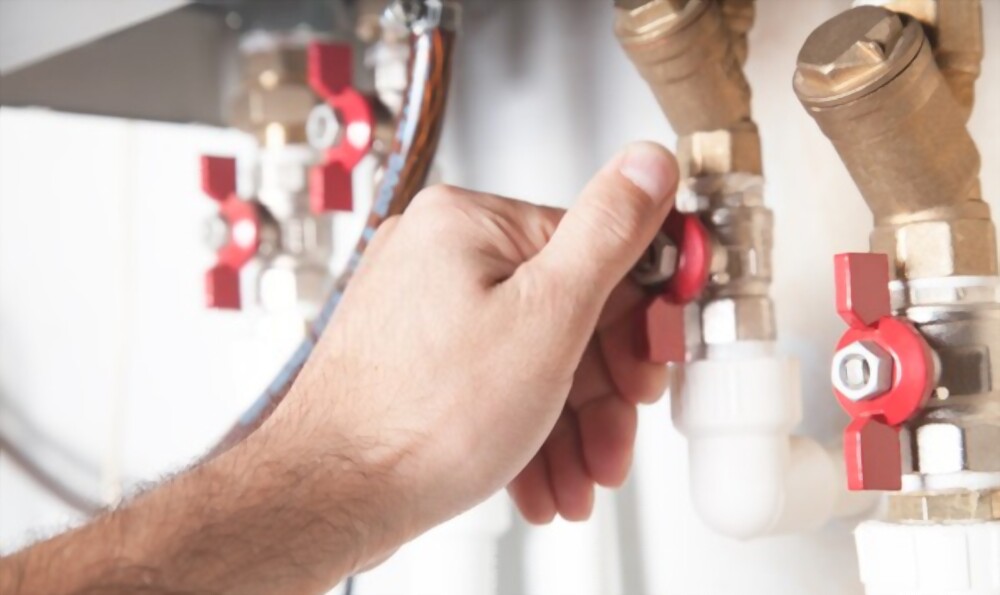Gas systems are vital for numerous industries, serving essential functions in heating, cooling, manufacturing, and more. To ensure these systems safe and efficient operation, it is crucial to understand the significance of the components that make them work seamlessly. One such essential component is the solenoid gas valve. In this article, we will delve deeper into solenoid gas valves, exploring their functionality, importance, and how they contribute to the safety and control of gas systems.
What is a Solenoid Gas Valve?
Solenoid gas valves are electromechanical devices that play a pivotal role in controlling the flow of gas within a system. Comprising a coil, plunger, and valve body, these valves rely on an electric current passing through the coil to create a magnetic field. This magnetic force then attracts the plunger, causing the valve to open or close, thereby regulating the gas flow.
Safety and Control
One of the primary reasons solenoid gas valves are crucial components in gas systems is their ability to ensure safety. In the event of emergencies such as gas leaks or system malfunctions, solenoid gas valves act swiftly to shut off the gas flow. By closing the valve rapidly, these valves help prevent hazardous situations and mitigate potential accidents.
A solenoid gas valve also offers precise control over gas flow rates and pressures. This level of control is essential in various applications, such as industrial processes or HVAC systems, where maintaining specific conditions is crucial. The accurate regulation of gas flow ensures efficient system performance and enhances overall control.
Energy Efficiency and Versatility
Solenoid gas valves are designed to be energy-efficient, consuming minimal power during operation. By effectively managing the gas flow, these valves contribute to overall energy savings, making them an environmentally friendly choice. Their energy efficiency not only reduces costs but also aligns with sustainable practices.
Another significant advantage of solenoid gas valves is their versatility. They are available in various sizes, materials, and configurations to accommodate different gas systems. Whether it’s a small residential application or a large-scale industrial setup, there is a solenoid gas valve to meet specific requirements. Moreover, these valves are compatible with a wide range of gases, including natural gas, propane, and compressed air, making them highly adaptable.
Maintenance Guidelines for Solenoid Gas Valve
Regular Inspections: Routine inspections are essential to identify any signs of wear, damage, or leaks in solenoid gas valves. Inspect the valves for debris or blockages that may hinder their operation. Ensure that the valves are securely mounted and that all connections are tight. Any abnormalities should be addressed promptly.
Cleaning and Lubrication: Periodically clean the valves to remove dirt, debris, or contaminants that can affect their performance. Use appropriate cleaning solutions and methods recommended by the manufacturer. Lubricate moving parts as per the manufacturer’s guidelines to ensure smooth operation and extend the valve’s lifespan.
Testing and Calibration: Regularly test and calibrate solenoid gas valves to ensure their accuracy and responsiveness. This involves checking the valve’s opening and closing times, as well as verifying the gas flow rates and pressures. Any deviations should be corrected promptly to maintain optimal system performance.
Conclusion
Solenoid gas valves are indispensable components in gas systems, offering safety, control, energy efficiency, and versatility. Their swift shut-off capability in emergencies, precise control over gas flow rates and pressures, and compatibility with various gases make them crucial for the smooth operation of gas systems in various industries.
When selecting solenoid gas valves for gas systems, it is vital to consider factors such as application requirements, compatibility, and quality. Consulting with experts or experienced professionals can help ensure the correct selection and proper installation of solenoid gas valves.
In conclusion, solenoid gas valves play a crucial role in maintaining the safe and efficient operation of gas systems in numerous industries. With their functionality and importance, solenoid gas valves should be a top consideration when designing or maintaining gas systems, as they contribute significantly to system reliability and safety.

